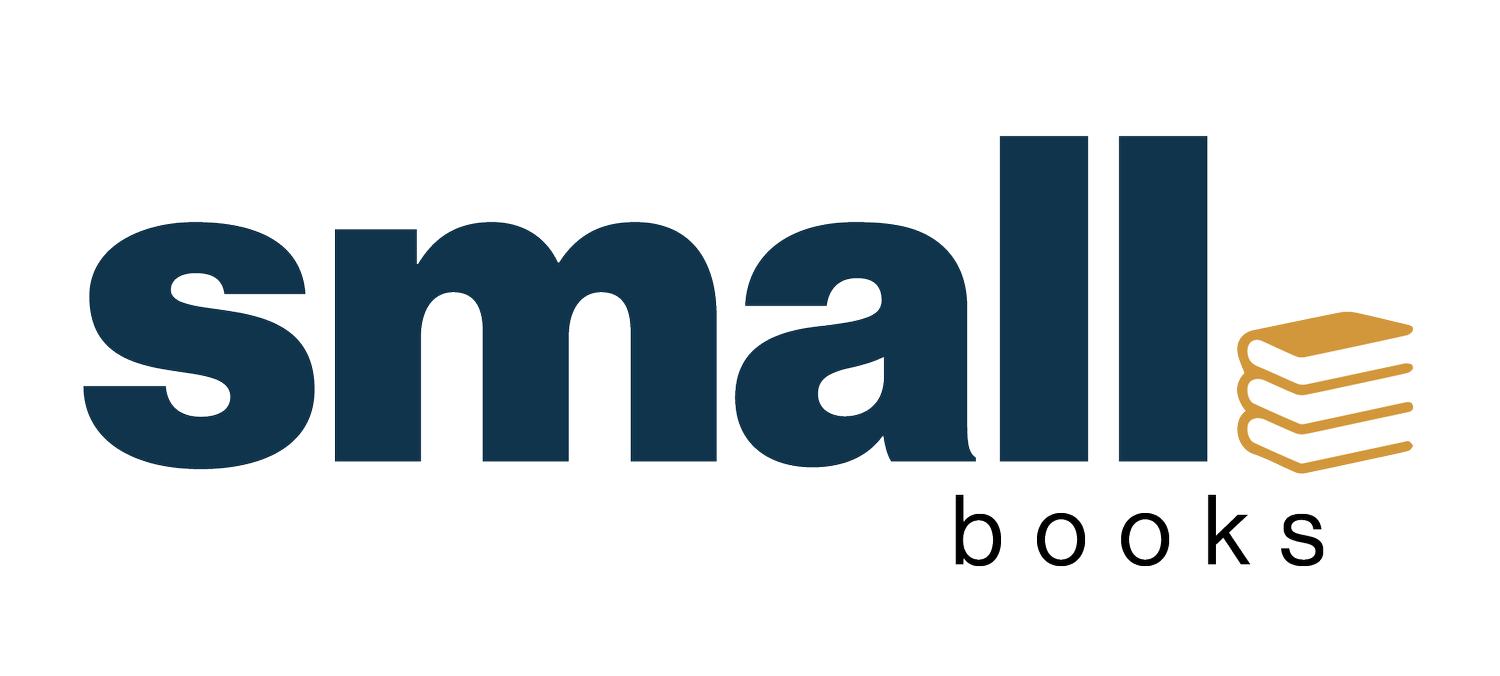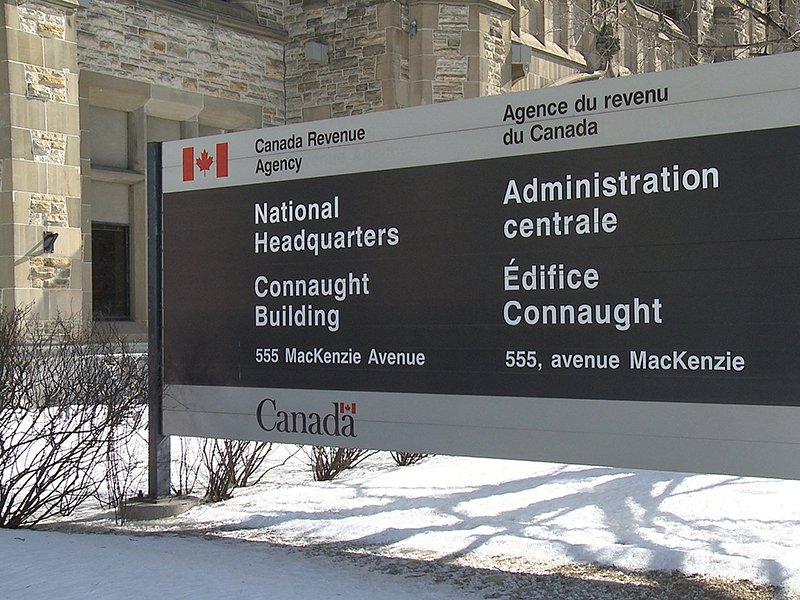Proposed changes to underused housing tax filing requirements
April 30th 2024 deadline looms for 2022 and 2023 UHT returns - as legislation remains undetermined by CRA
In a previous blog, we discussed the Underused Housing Tax (UHT) legislation. Now as we approach the April 30, 2024, filing deadline for 2023 (and extended 2022) UHT returns, we revisit these proposals and review their current status after some proposed changes by the CRA, leading to uncertainty regarding UHT filing obligations for 2023. Parliament resumes sitting on April 29.
Current UHT Legislation
Under current legislation, all corporations, partnerships, and trusts (as well as others not discussed here) are generally required to file a UHT return when they own residential property in Canada. Due to the potentially expansive definitions of partnerships and trusts, the current legislation may require many Canadians and Canadian owned entities to file UHT returns where they may be exempt from the tax. This current legislation applies for all 2022 UHT filings definitely.
Proposed UHT Legislation
In the 2023 Fall Economic Statement, the definition of “excluded owner” is proposed to be expanded. Excluded owners are generally not required to file a UHT return. It is important to note that the proposed legislation has not yet received Royal Asset and is therefore not yet law.
The following groups are proposed to be included in the definition of excluded owner for the 2023 year onwards:
Specified Canadian corporations,
which is generally a Canadian corporation having less than 10 per cent of its votes or equity value owned by foreign individuals or corporations;
Partners of specified Canadian partnerships,
which is generally a partnership whose partners are exclusively Canadian;
Trustees of specified Canadian trusts,
which is generally a trust whose beneficiaries are exclusively Canadian.
Despite the fact that the proposed changes are not yet enacted, the Canada Revenue Agency (CRA) has taken promising steps by including the proposed rules in the new instructions to the Form UHT-2900, as well as updating their questionnaire to determine affected owners. This implies that the CRA is operating under the proposed legislation where these entities are not required to file. More information regarding the updated UHT guidelines can be found HERE on the Government of Canada website.
For taxpayers looking to the new rules for relief, it is important that they consider the risks of relying on proposed legislation before deciding whether to file. If you have questions and require assistance with filing the 2022 or 2023 UHT return, please reach out to your trusted advisor.
Bare Trusts
Despite the T3 filing relief for bare trusts announced last month, bare trusts that hold Canadian residential property must also still file an underused housing tax return (UHT) for the 2022 tax year, which is due April 30, 2024.
These trusts may also need to file a 2023 UHT return by the end of this month, considering the government has not tabled legislation to implement those proposals.
A bare trust exists when the trustee’s only duty is to hold legal title of a property on behalf of someone else. Bare trusts may hold Canadian residential property for reasons such as probate planning, privacy or convenience.
Per the CRA’s current guidance, trustees of a bare trust holding Canadian residential property are not excluded owners and must file a UHT return. Further, the proposed changes that would exempt bare trusts from a UHT return filing requirement if the trust is substantially or entirely Canadian do not apply to 2022 returns. Meanwhile, the proposed changes to the UHT for 2023 onward are not law, but the CRA has signaled that it will administer the UHT in alignment with the government’s proposal.
In the 2024 budget, the government said it intended to proceed with its proposed changes to the UHT outlined in the fall economic statement, but did not provide other details.
What is the UHT?
The UHT is an annual 1% tax on the ownership of vacant or underused housing in Canada, effective in 2022 and subsequent years.
The UHT primarily targets foreign owners of Canadian residential property, but a Canadian who owns a property through a trust, corporation or partnership must file a UHT return. If the trust, corporation or partnership is substantially or entirely Canadian, it may qualify for an exemption from the UHT as a “specified” Canadian trust, corporation or partnership. However, the obligation to file a UHT return remains.
The CRA announced on March 27, 2023, that it would give taxpayers a six-month extension to file the 2022 UHT return without penalties. Then, on the same day as the Oct. 31 extended deadline, the CRA announced a second extension for the 2022 tax year until April 30, 2024, the same deadline date for the filing of the 2023 UHT return.
In the fall economic statement, the government proposed expanding the definition of “excluded owner” — a taxpayer who doesn’t have an obligation to file a UHT return — to include specified Canadian corporations, trusts and partnerships. However, the proposed change would only apply for 2023 and subsequent years. Specified Canadian entities would still have a filing requirement for 2022.
The federal government is also proposing to reduce penalties associated with the failure to file a UHT return to $1,000 for individuals from $5,000 currently, and to $2,000 for a corporation from $10,000.
The proposed change would be effective retroactively to 2022. The changes have not been enacted in legislation, but the CRA appears to be prepared to administer the UHT rules for 2023 and onward.
To learn more about the Underused Housing Tax (UHT), check out our article: New Underused Housing Tax: A Complete Guide
Small-Books Can Help
If you have any questions or need clarification about how the UHT affects you, or what deadlines to watch out for- reach out!
We truly enjoy helping and we take pride in being organized and making sure that we don’t miss deadlines.
Ready to outsource the deadlines to someone else? Check out our Service Packages to learn more!
What is Small-Books?
The online bookkeeping service that gives you a dedicated bookkeeper supported by a team of knowledgeable small business experts. We’re here to take the guesswork out of running your own business—for good. Your bookkeeping team imports bank statements, categorizes transactions, and prepares financial statements for you every month. We even take care of the tax filing for you, from HST to income tax, so you can say goodbye to tax season stress!
This post is to be used for informational purposes only and does not constitute legal, business, or tax advice. Each person should consult his or her own attorney, business advisor, or tax advisor with respect to matters referenced in this post. Small-Books assumes no liability for actions taken in reliance upon the information contained herein.



